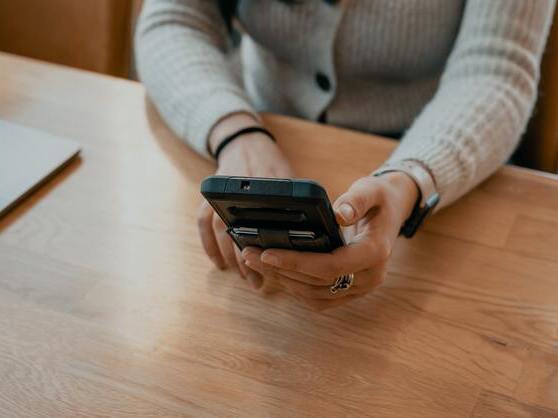Robocalls may be negatively impacting legitimate businesses’ ability to communicate with their customers, according to a new survey report from Clutch, a B2B research firm in Washington, DC.
The survey found that 26% of people say they aren’t confident they can quickly distinguish a robocall from a real call, among other data.
These findings potentially point to an erosion of trust in the phone as a customer communication tool. After all, if customers aren’t picking up the phone or think every incoming call is a scam, how can businesses ensure meaningful conversations?
MightyCall’s content marketing manager, James Grieco, provided expert commentary on the data, giving context to Clutch’s data.
Seek Alternate Channels for Sharing Private Information
Clutch found that 79% of people are uncomfortable sharing private information over the phone to any number, not just a robocall.
“The best way for businesses to assuage those fears is to be transparent and professional,” Grieco said.
Grieco said that most businesses should not be sharing private information over the phone to begin with.
“Any small business that is worth its weight should have a website where customers can make purchases with Paypal, Venmo, or another verified service,” Grieco said.
Services like Shopify can help businesses set up these online payment systems.
After any transaction, whether on the phone or elsewhere, businesses should send a follow-up email.
“Sending an email to serve as physical proof for future reference will help your business’s organization and give customers some peace of mind,” Grieco said.
Be Diligent in Instilling Trust
A prior Clutch survey found that 67% of people are unlikely to pick up a phone call from a number they do not recognize.
Combined with the new data that nearly 1 in 4 people (26%) say they can’t immediately distinguish between a robocall and a real call, it becomes clear that businesses must go out of their way to ensure their business presents as legitimate when calling customers.
Businesses can try several different tactics to work on this. First, they can send a text, potentially containing a unique security code, to a customer before calling, so the customer is aware an incoming call is legitimate.
Businesses can also look into adopting a memorable vanity phone number and adjusting how they present on caller ID so their number is immediately recognizable.
“Robocalls don’t have to give all phone calls a sullied name; if you can keep customers in the loop of their purchase and connect to them on any level, they’ll know they aren’t being scammed,” Grieco said.
Riley Panko is a Senior Content Writer for Clutch and The Manifest

 Business Communications"/>
Business Communications"/> 









